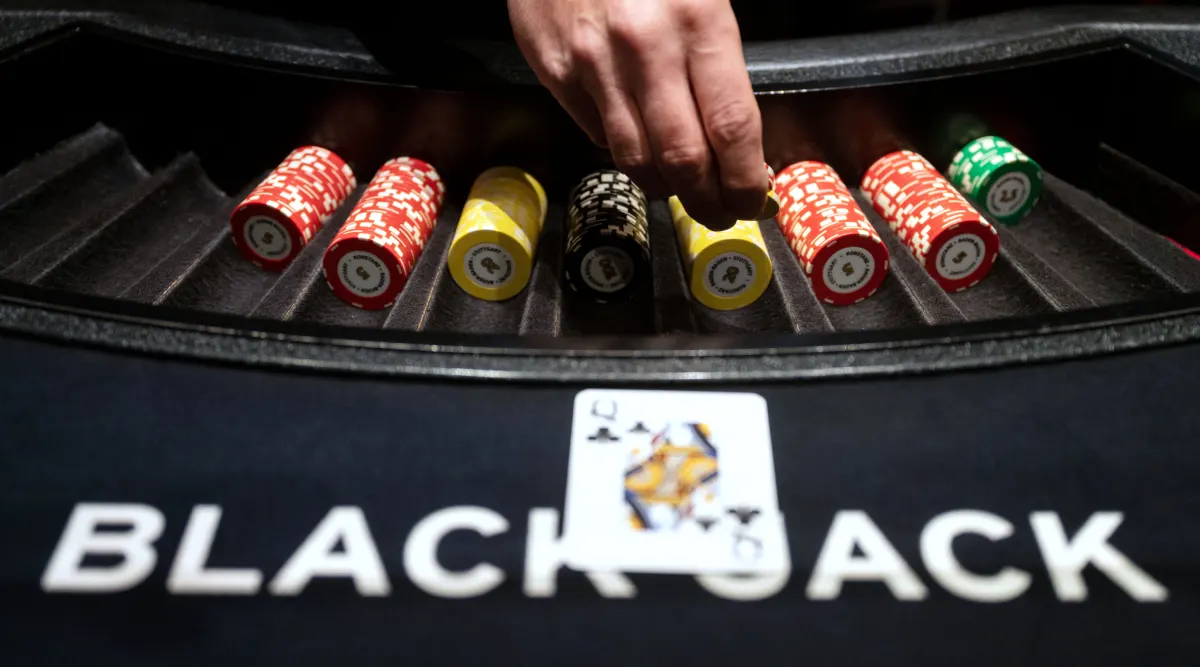
The must-check features of an online casino game include house edge, user interface design, RTP, visual graphics, etc. Among these features, there is a need to pay more attention to the RTP, also known as Return to Player. It is an essential concept every casino player should understand because it affects their winning chances. Let’s examine what RTP is all about in today’s online casino news.
Return to Player: What to Expect When Playing Casino Games
Return to Player (RTP), in simple terms, is the amount the casino pays back to players over their bets when they play certain online slots In other terms, it is the average amount the casino pays players over the total wagered. RTP is represented in percentage. Every casino game, including casino gambling slots, has a return to player percentage. For example, the RTP % for the Pop slot is 96.54%, meaning a player wins approximately $9.65 on every $10 stake he places. However, note that theoretical RTP and actual RTP differ. Theoretical RTP shows how much you will likely get paid by calculation in the game, while the actual RTP is how much you get paid over time by the game. The actual RTP is not obtained from just one gaming session but from thousands and millions of rounds or spins, depending on the game played.
How to Calculate Return to Player Percentage?
Calculating the RTP is simple: divide the total paid by the casino by the total staked and multiply by 100%. The formula is RTP = Total paid out / Total staked X 100%. Historical game data can’t be used; instead, rely on RNG, which computes thousands of spins quickly. Access to RTP percentages may be limited, but check the website of the game’s developer, like Inferno Slots, with an RTP of 96.7%. Employing an optimal strategy can boost the RTP. Play free slot games to review RTP for each game and understand better.
What Determines The RTP?
Now that you know what the Return to Player is and how to calculate it, have you wondered what determines the RTP value? Let’s answer that question. Software developers always develop online casino games. In developing each game, they must add a Random Number Generator (RNG) program to the software. An RNG is a mathematical computer program randomly generating a sequence of numbers or symbols that a person can’t predict. It is not predetermined and is independent of any person. Therefore it is fair and not rigged. RNGs aid in achieving a constant return to player (RTP) percentage. Many top slot games use a Random Number Generator, enabling thousands of spins in no time.
Return to Player and House Edge
Though intertwined, RTP and House Edge are commonly mistaken for each other in most casino slot games. Looking at definitions, Return to Player is the average amount of money the casino pays back to the Player throughout continuous betting. House Edge is the casino’s mathematical advantage over every bet you make. House edge is always expressed as a percentage and is the opposite of RTP. For example, the RTP in the Burning Skull slot is 96%, and if deducted from 100%, we have 4% left, which is the house edge. It is through the house edge casinos win some money for themselves. To find the best RTP online slots real money games, make sure to read game reviews to get a glimpse of what your casino of choice offers.
Final Thoughts
Return to player percentage when low does not mean the game won’t pay out. Sometimes, you can get a good payout when you sum up some bonuses. To play casino games with high RTP, visit Vegas Aces Casino. Our slots section is filled with high RTP games like those from top software providers. Find other interesting content to learn how to dominate the casino world, by visiting our American Casino guide section, next time you play at Vegas Aces Casino.
Be part of something special – follow us on social media! Join a community of like-minded players, share your passion, and unlock exclusive rewards.


